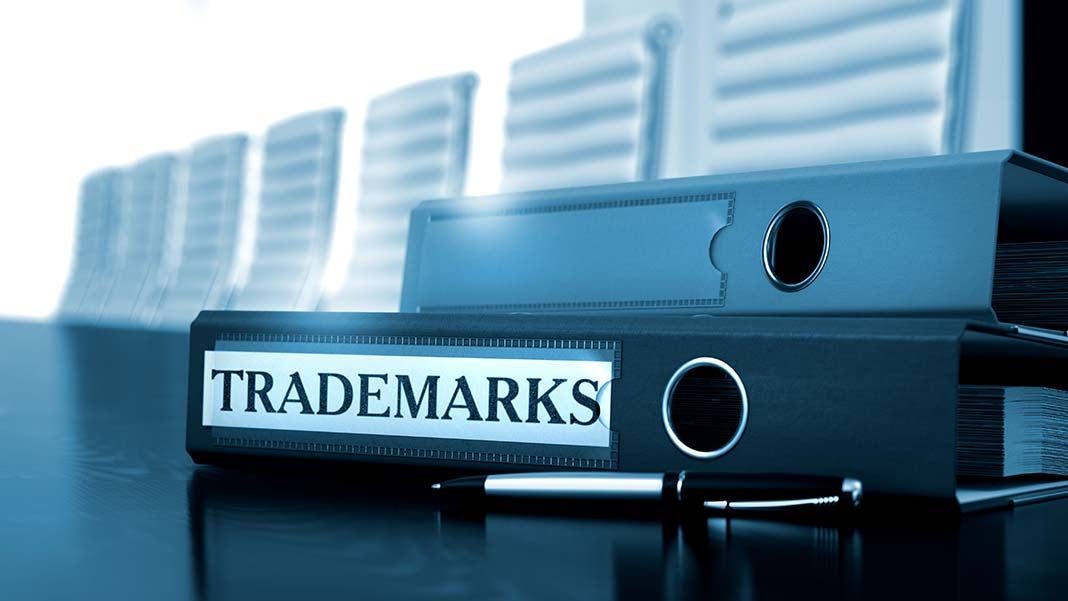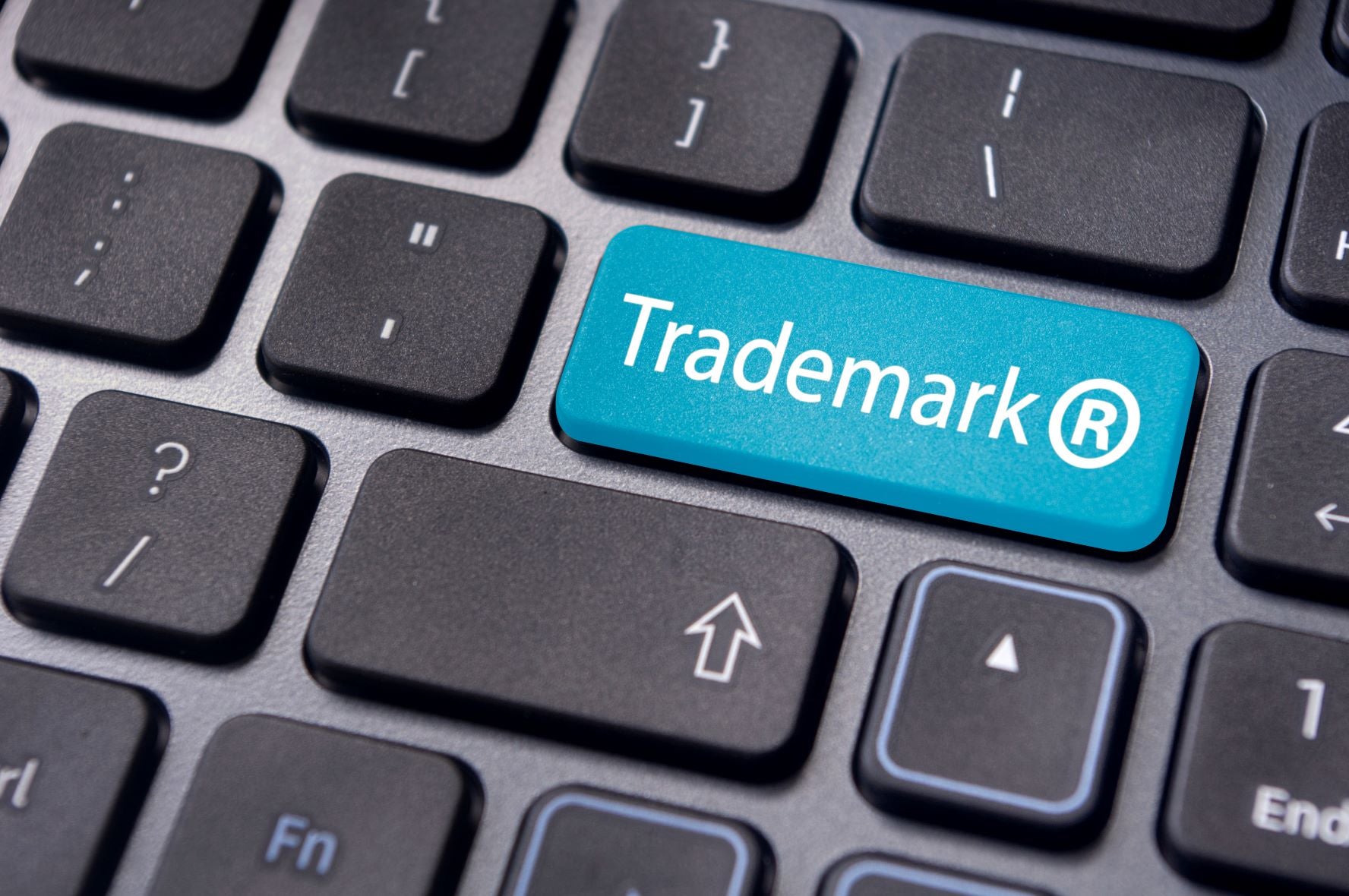
When a business ends up with a trademark infringement case, it can be a disruptive ordeal. The key to avoiding such circumstances is to steer through the brand landscape with knowledge and avoid actions that might bring further upheavals to daily operations.
 Understanding trademarks is a crucial first step. Generally, a business connects signs to its brand, products, or services. In most cases, it can be a name, a logo, or a sign that allows consumers to recognize your brand readily. When your business chooses a logo, it can be registered as a trademark, preventing others from utilizing identical or similar signs. A registered trademark becomes a valuable asset, especially as your brand gains popularity.
Understanding trademarks is a crucial first step. Generally, a business connects signs to its brand, products, or services. In most cases, it can be a name, a logo, or a sign that allows consumers to recognize your brand readily. When your business chooses a logo, it can be registered as a trademark, preventing others from utilizing identical or similar signs. A registered trademark becomes a valuable asset, especially as your brand gains popularity.
How Infringement Occurs
Once businesses successfully register a trademark, they can enforce a monopoly over its use. Infringement happens if someone has utilized a sign registered as a trademark by one company without permission.
When a company becomes aware that someone is infringing on its trademark, it can decide to issue legal proceedings which, if fully acknowledged, can result in a court trial to settle the matter. Due to this, it’s crucial to take the necessary measures to avoid infringement, such as knowing how to do a trademark search.
7 Ways To Avoid Trademark Infringements And Disputes
If you want to ensure your business starts on the right track, consider prioritizing your chosen trademark. Remember that even if you have registered your trademark, it’s still important to stay vigilant. Here are several ways to keep in mind to avoid potential trademark infringement.
- Assess The Situation Of Your Company
It’s crucial to take timely action once you set up your business. Although it varies depending on your business type, a solid starting point is brainstorming your brand name, logo, and description.
It would be best if you determined the level of competitiveness. Weigh the time and effort it takes to eliminate any potential trademark-related risks and the severity of damage an accusation of infringement is likely to cause.
- Fully Understand What Trademarks Are All About
One of the important considerations if you want to avoid trademark infringement is determining what a trademark is. A trademark serves as a sign that can be a logo, song, or product name. It makes your product or service distinct or distinguishes your brand.
An unregistered trademark is one that a company creates to distinguish a product or service in the market but lacks security. A registered trademark gives the rights and complete protection to a company to use the mark.
If infringement happens, two or more businesses will have similar brands. Sadly, it can confuse consumers and often results in legal issues. If your trademark looks the same as another, it can lead to legal disputes. If you want to avoid disputes, the safest way is to ensure your brand is unique from the start.
- Perform A Trademark Search
The next important consideration is to think about performing a trademark search. The US Patent and Trademark Office (USPTO) offers a database that you can use to search for both names and designs. During your search, look for things that may be construed as confusingly alike, including any exact replicas.
- Employ The Services Of A Lawyer
If you want to go through the trademark process seamlessly, it may be best to work with a lawyer, especially those specializing in trademarks or intellectual property (IP). A legal professional may be able to guide you during the process while answering all your concerns and offering insights to avoid risk. A lawyer can also assist you in conducting a more comprehensive search, especially with international databases.
A lawyer can also assess risks and determine the most suitable strategy to ensure successful trademark registration. Additionally, having a lawyer on your side can prevent time-consuming and expensive legal proceedings should it be determined that you overstepped another company’s trademark.
- Proper Documentation
One of the ways to avoid possible infringement is to document everything. Generally, it involves saving screenshots, documentation from legal professionals, an outline of business operations, and many more. All of these will come in handy if an infringement dispute happens.
The above also serve as evidence that’ll be helpful if you decide not to register for a trademark, only for a new company to accuse you of infringement. Based on the principle of priority, you have the right to use your official trademark against another company’s trademark if you’ve been around longer.
- Conduct A Wider Search
Aside from the database maintained by the US Patent and Trademark Office (USPTO), you can widen your search by utilizing the Internet. If your business is only starting, you might settle for a less formal trademark. Although there’s security for less formal trademarks, the USPTO-registered trademarks enjoy the greatest legal protection.
- Take On A Proactive Approach By Continuous Monitoring
Even if your company already has all the necessary components in place, it’s crucial to be proactive and vigilant in keeping an eye on the status of your trademark. Consider reaching out to your lawyer to scrutinize the trademark you’re currently using. In case there are potential issues, it’s better to be in control of the situation. You can decide whether to change your brand or purchase the trademark from its owner. Although rebranding can be an expensive ordeal, the cost will only rise if you keep on postponing it.
Prioritizing monitoring is still important to protect your brand against trademark infringement. Initially, it’s important to have a clear overview of applications in the market, especially throughout the jurisdictions in which your business is active. Doing so ensures you can take timely action against any applications that may directly impact your trademark.
If you identify a problematic application, you can file an opposition to the application. Do it right away as you might miss the opposition deadlines, which can lead to a costly and uncertain outcome.
Final Thoughts
Planning to start your business will require you to consider several crucial factors. One of these factors is knowing the legal use of a trademark along with the potential risks of infringement and disputes. Knowing the different ways to avoid trademark infringement can help avoid potentially disruptive legal actions and allow you to manage your company seamlessly.
Author: Ben Lowry is an intellectual property lawyer. He has been in the industry for more than 11 years. He shares his expertise by writing blogs and conducting webinars. During his free time, Ben enjoys hiking, fishing and camping.
1802 Views













